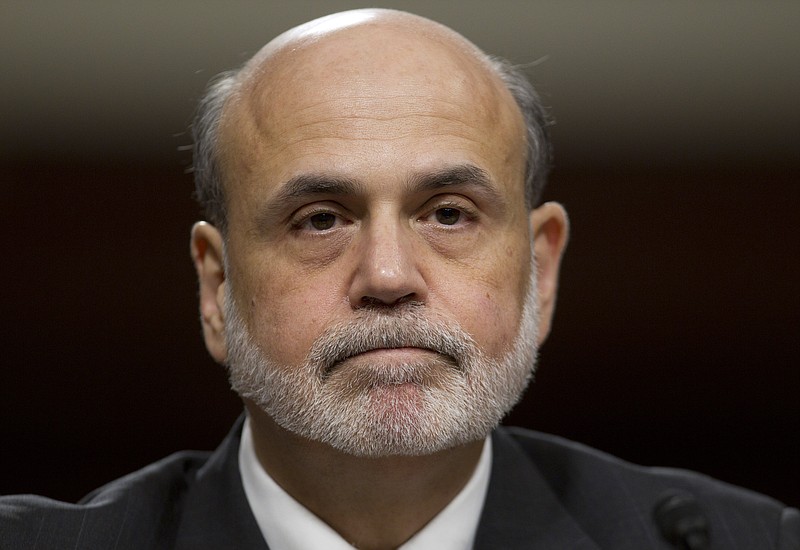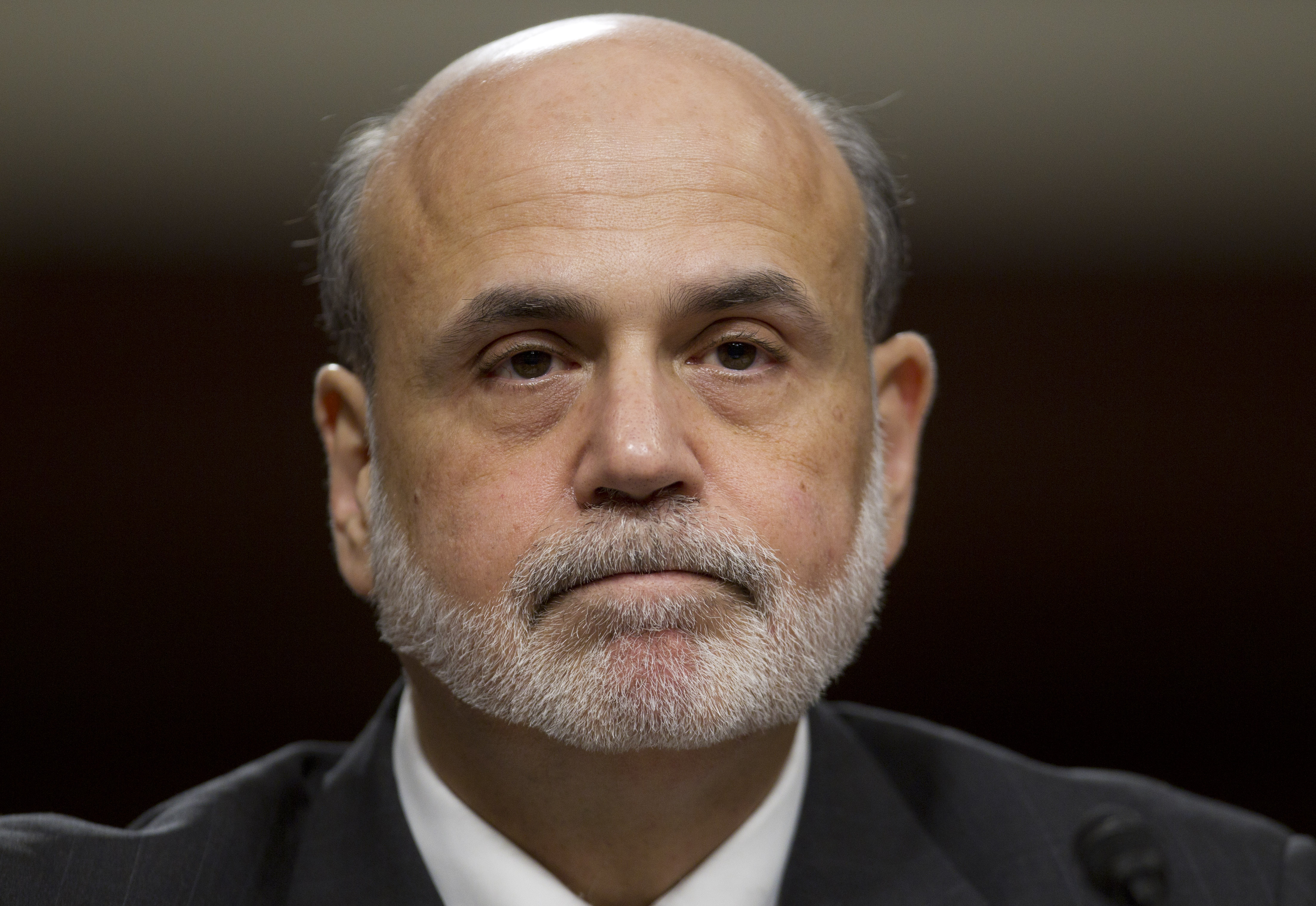GREG KELLER
PARIS (AP) - Stock markets retreated Tuesday due to global worries about the impact of the eurozone debt crisis and as investors awaited a key speech by the U.S. central bank chief.
Investors are looking for confirmation that central banks in the U.S. and China will provide more economic stimulus and that the European Central Bank will intervene in bond markets to lower some countries' high borrowing costs.
Federal Reserve Chairman Ben Bernanke will hold an important speech later this week that investors will watch carefully for clues about the central bank's intentions to try to speed up the U.S. economic recovery.
Meanwhile, the ECB plan remains subject to debate ahead of the bank's monthly meeting on Sept. 6, when it is expected to announce more details. Germany's central bank is still opposed to the plan to buy government bonds.
Until the central banks clarify their positions, investors are likely to remain cautious, analysts say.
By midday in Europe, stocks were trading down across the board. Britain's FTSE 100 lost 0.1 percent to 5,771.24. Germany's DAX fell 0.4 percent to 7,024. France's CAC-40 lost 0.4 percent to 3,451.
Wall Street appeared headed for a weak open, with Dow Jones industrial futures rising only slightly to 13,110. Standard and Poor's 500 futures rose less than 0.1 percent to 1,409.
Spain saw some good news from a bond auction in which it sold €4 billion ($5 billion) in short-term debt at much lower interest rates, reflecting easing concern that the country will need a full-blown bailout. A downgrade of economic growth over the past two years, however, underscored the country's huge economic problems.
In neighboring Portugal, foreign inspectors arrived for meetings with local officials to assess the country's compliance with terms of its bailout agreement.
Bailout lenders may have to grant Portugal more time to meet its deficit goal - something they are already hesitant to grant to Greece, which is also missing its debt reduction targets. The inspectors may therefore demand more austerity, which could drive the weak Portuguese economy deeper into trouble.
In Germany, consumer confidence also provided some relief. The GfK research institute said consumer confidence in Europe's largest economy was stable despite the ever-increasing worries that Germany will suffer from the debt crisis weighing on many other European countries.
Earlier in Asia, the Tokyo Stock Exchange's benchmark Nikkei lost 0.6 percent to close at 9,003.29. South Korea's Kospi index was down nearly 0.1 percent to 1,916.33, while the Hang Seng index inched up marginally to 19,811.80. Key indexes dipped in Singapore, Indonesia and Taiwan, while rising in New Zealand, mainland China and Australia.
Also weighing on sentiment was a monthly Japanese government report on the economy, released Tuesday, whose language on the main assessment was changed - to a more pessimistic one, for the first time in 10 months - to highlight concerns about weaknesses, stemming from dwindling exports.
Concerns about a slowdown in China, the major driver of growth in recent years, were behind the change, Japan's Cabinet Office said.
In other markets, the benchmark oil contract for October delivery rose 74 cents to $96.21 per barrel in electronic trading on the New York Mercantile Exchange. The contract fell 68 cents to end the day at $95.47 in New York on Monday.
In currencies, the euro rose to $1.2551, up from $1.2503 late Monday in New York. The dollar fell to 78.56 yen from 78.75 yen.

